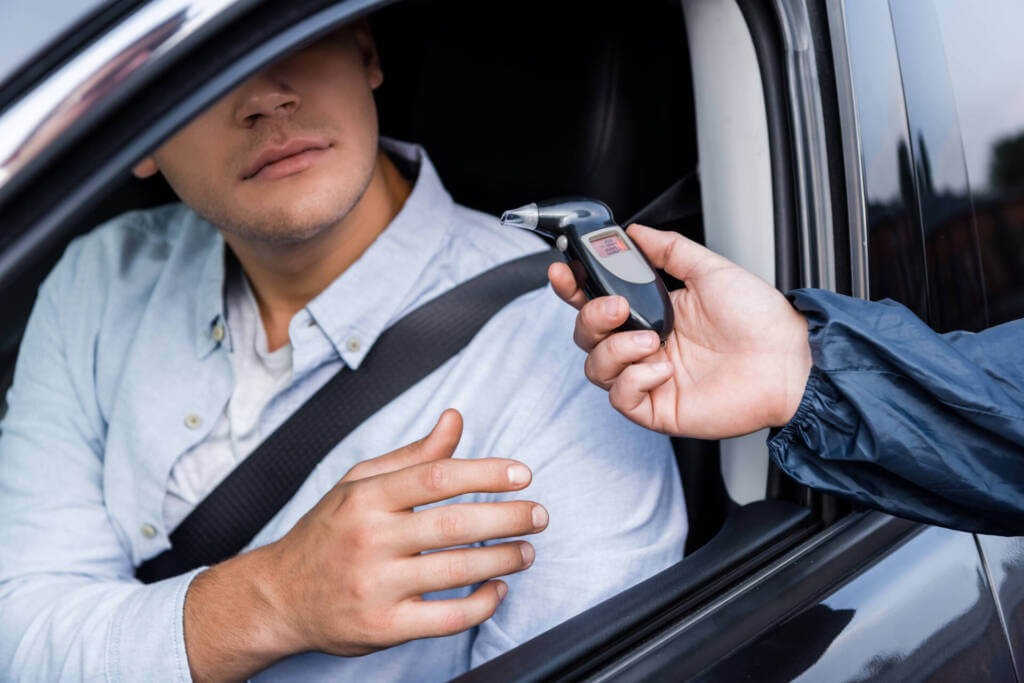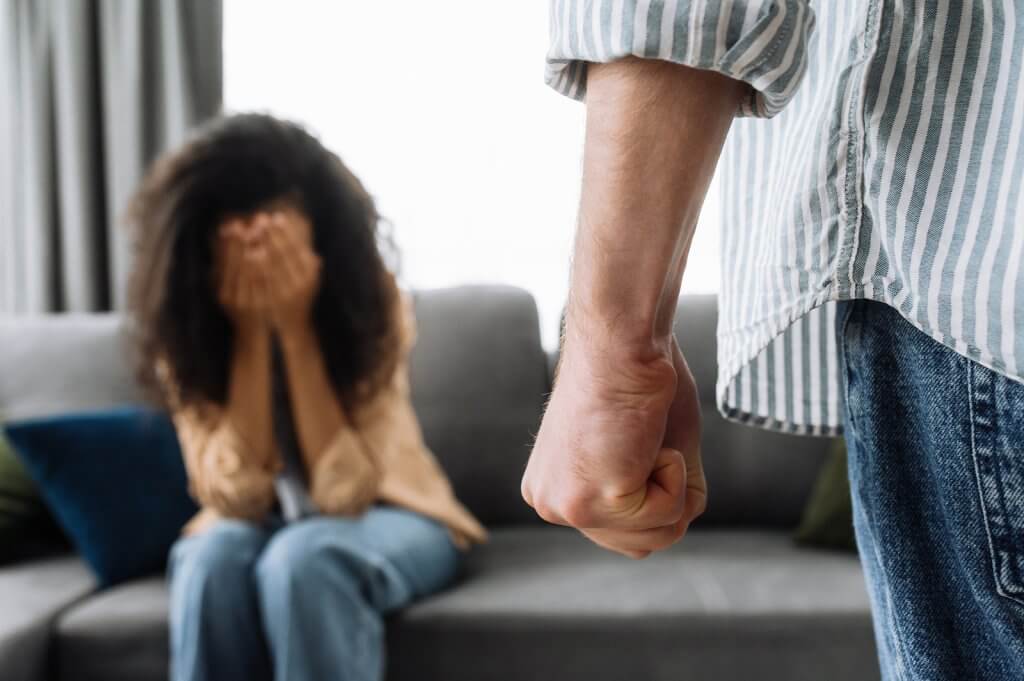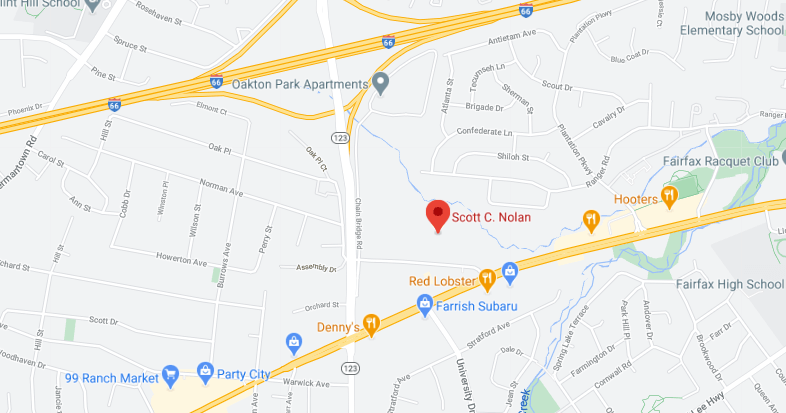What Should You Do at a Traffic Stop in Fairfax, Virginia?
If a police officer signals for you to stop, you should attempt to safely pull over to the right side of the road as soon as possible. If pulling over immediately is not possible, turn on your hazard lights so that the officer is aware that you have seen them.
During daytime traffic stops, you should pull over, roll down your window, and turn off your radio. Keep your hands where the police officer can see them, usually leaving them gripping the steering wheel. Police officers are concerned for their own safety during traffic stops and could be wary that you are armed. Do not make any sudden movements. In fact, do not make any movements at all without telling the officer what your intentions are. If you are in a nighttime traffic stop, turn off your radio but leave your window until the police officer arrives at your driver’s side door.
Attempt to remain polite when interacting with law enforcement. Supply your driver’s license and registration when you are asked for them. While you are required to provide your license at any lawful traffic stop, you are not required to answer any of the questions they ask you in relation to your driving or the cause of the stop. Politely decline to answer questions that could incriminate you.
What Are Common Reasons for a Traffic Stop?
Common reasons that police might stop your motor vehicle in Fairfax, Virginia, include the following:
- You fit the description of a suspect of a crime
- You are under suspicion of violating traffic laws or criminal laws
- You appear to be in need of assistance
- Your car or your person has been pointed out as a suspect
- You appear to be driving under the influence of drugs or alcohol
- There is reason to believe that you witnessed a criminal offense
- You are driving through the area where a crime just occurred
What Are Your Legal Rights in a Fairfax Traffic Stop?
You must remember and protect your legal rights during interactions with police officers. You may reduce the risks of being charged with an offense.
You have the right to remain silent. You must exercise this right vocally and be heard. While you should identify yourself if the police ask this of you, you do not need to answer further questions regarding your destination, your actions, where you live, your speed, or other matters.
You have the right to record your police interaction. You do not need a police officer’s permission to film or record them during a traffic stop. Similarly, bystanders to police encounters have the right to observe and film interactions, just so long as they do not obstruct the actions of the police officers.
You have the right not to be stopped on the assumption that you are doing something illegal. If you or your vehicle are searched during a traffic stop because of tinted windows, loud exhaust, the odor of marijuana, dangling objects, or broken tail lights, the evidence found may be considered inadmissible in a court of law.
You have the right to an attorney. If you are arrested or mistreated, you must speak with a lawyer immediately. If you cannot afford an attorney, the court will appoint one for you. However, the public defender is unlikely to be as qualified or dedicated as a criminal defense lawyer. Our law firm has extensive experience representing clients in various criminal defense cases, including traffic stops and traffic violations, and we would be proud to represent your legal rights in such a case.
You have the right to refuse a search of your person or your property. Despite this, law enforcement may conduct a search of your belongings anyway without your consent. Do not attempt to impede an illegal search. Your lawyers will contend with these matters later.
Finally, you have the right to make a phone call. If you are placed under arrest, you have the right to call a family member or friend. Keep in mind, however, that law enforcement has the right to listen in on your phone calls to family and friends. They cannot listen in on phone calls with your attorneys.
How to Assert Your Right to Remain Silent?
You must leave no question that you are asserting your right to remain silent. If there is any ambiguity to your words or intentions, the police officers may seize upon this. Use clear words and speak loudly. Just the same, attempt to remain polite.
You may wish to say something like, “I am claiming my Miranda rights,” or “I am invoking my right to remain silent.” If a law enforcement officer continues to attempt to speak with you, you do not have to reply.
Are Non-Drivers Required to Provide Identification at Traffic Stops?
If you are not driving the car and are simply a passenger, you are not required to carry or show personal identification to police officers. Depending on the law, however, it may be considered an offense not to provide your name when law enforcement has reasonable cause to believe that you have committed a crime.
What to Say if a Police Officer Asks if You Know You Were Speeding?
Never admit guilt to driving over the speed limit. Whatever you say will be repeated in court. The wisest course of action is to state that you do not wish to answer such questions.
What if You Are Stopped by an Unmarked Vehicle?
If you are stopped by an unmarked vehicle, you have the right to request to see a badge, especially if the officer is dressed in plain clothes. If you are still wary of the plainclothes officer and do not trust their identification, you can call the non-emergency number to verify that the officer is legitimate.
Schedule a Free Case Evaluation with Experienced Fairfax Criminal Defense Lawyers Today
If you are ever pulled over by law enforcement personnel under the suspicion of driving under the influence, reckless driving, or other violations of the law, it is highly recommended that you retain professional legal representation from experienced criminal defense attorneys. Our legal team has extensive experience representing clients in various criminal defense cases. We would be proud to represent your interests in pursuit of the optimal outcome of your case. To learn more about our legal services and how we may be of assistance to you during this difficult time, please contact our Fairfax law office to schedule a free consultation today.
You can contact us at 703-688-9236.






